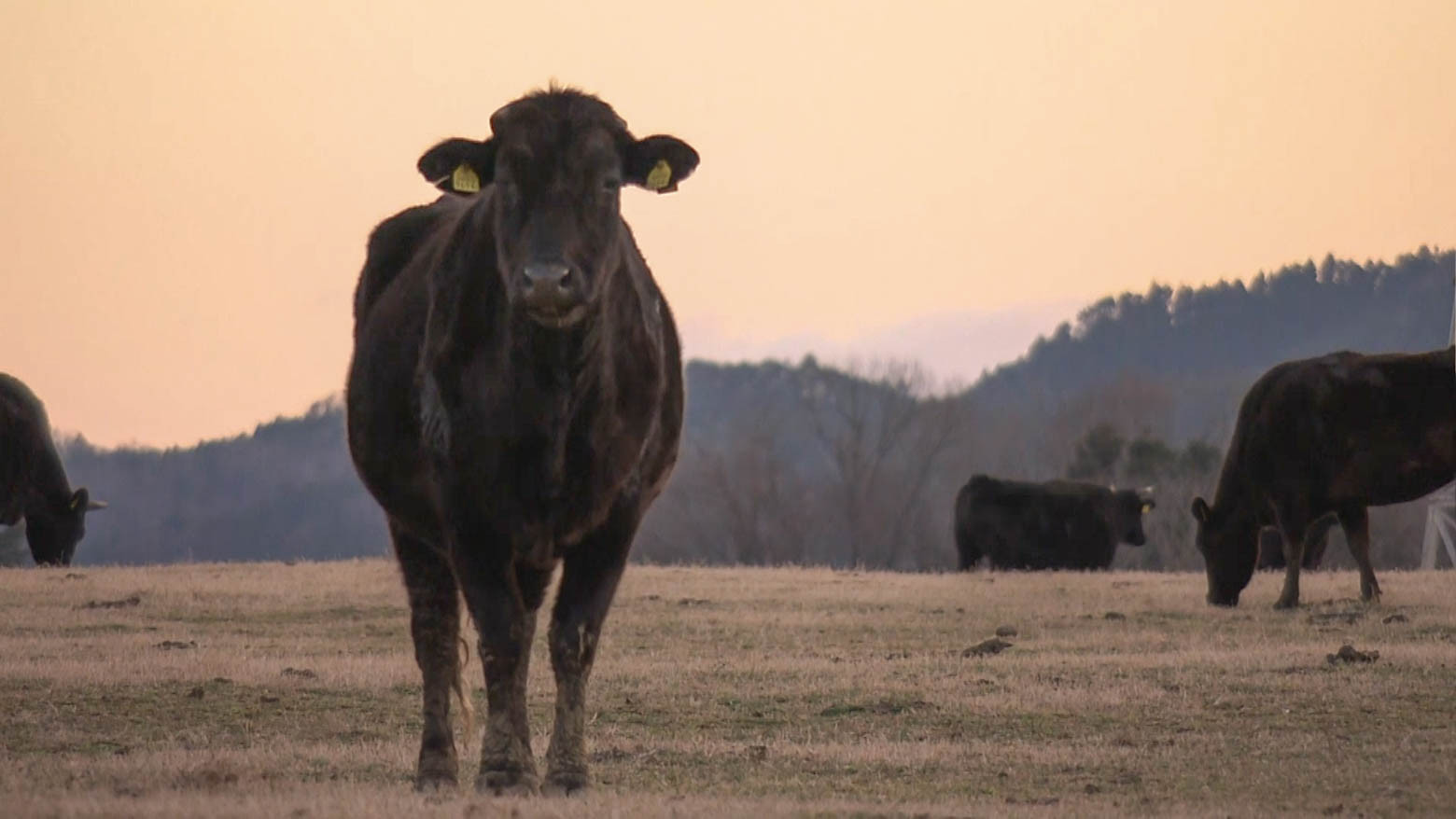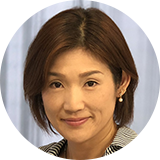Yoshizawa Masami doesn’t need an alarm clock. For the past 40 years, he has woken up to the sound of his cows. He used to take it for granted, but that all changed on March 11, 2011, when a 15-meter-high tsunami inundated the nuclear plant just 14 kilometers away.
Yoshizawa picked up his binoculars and pointed them at the facility. “I saw white fumes or steam billowing up between the chimneys,” he says. “When reactor 3 exploded three days later, I heard the sound from my barn.”
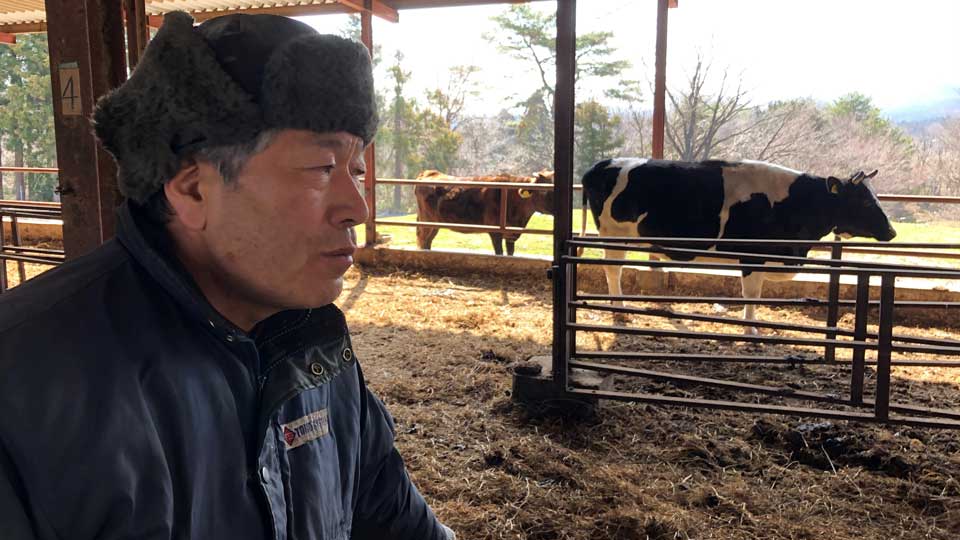
Yoshizawa was raising more than 300 cows for the premium wagyu beef market, but suddenly their economic value had been wiped out. The government ordered all residents of his town, Namie, to evacuate because of the radiation risk. Most people complied. Yoshizawa didn’t.
He stayed at the ranch until the government designated the town as a no-entry zone and blocked the routes. Even then, Yoshizawa says he couldn’t leave his cows to perish. He would come back to feed them, sometimes destroying the barricades.
Some of his neighbors fled in tears. Yoshizawa said he later saw rows of dead cows still yoked to stalls, waiting for food that never came. At one farm, Yoshizawa and his team rescued a calf that was standing near its dead mother. It’s now the only dairy cow at Yoshizawa’s ranch, though she will never produce milk.
The haunting scenes he witnessed led him to defy another government order: to kill all the cattle still living in the no-go zone. Though the cows were destined for slaughter, Yoshizawa says there is a difference between having them fulfill their purpose as food for humans, and simply killing them on the orders of a bureaucrat. “It was about how to treat life,” he says. “We decided we would never obey such orders. That’s the spirit of cowboys. We live with cows.”
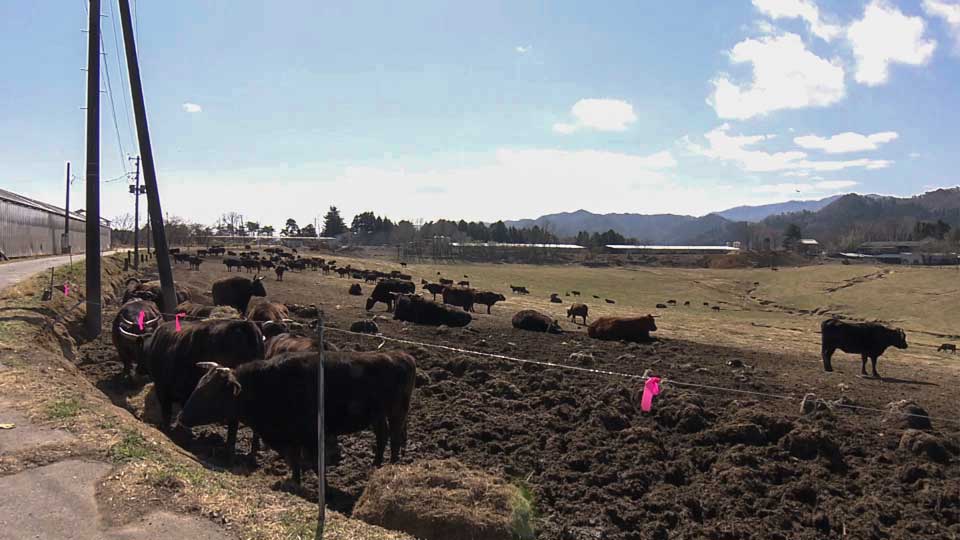
Yoshizawa sees himself and his animals as a living protest against the nuclear disaster. He has around 240 left, and keeping them alive is costly. He and his team rely mainly on leftover food, either donated or sold off cheaply. But it’s getting harder by the year, as people’s interest in the disaster and its aftermath fades.
Yoshizawa sometimes wonders whether he is out of his mind, but quitting is not an option. His mission – to make sure people outside of Fukushima never forget the impact of the nuclear disaster – has taken him across the nation, and even as far afield as France, India and Jordan.
Yoshizawa has faced criticism for defying government orders, but he believes caring for his cows sends a message about fighting through adversity and, ultimately, that Japan can do without nuclear power.
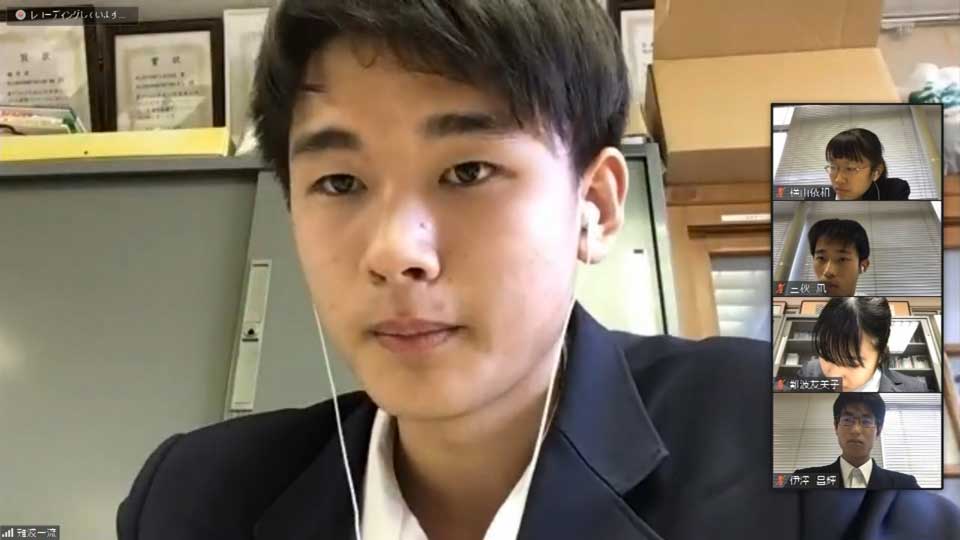
As the tenth anniversary of the disaster approached, he spoke to junior high school students in the southwestern prefecture of Okayama. Their teacher, Takeshima Jun, volunteered at the ranch six years ago. He thinks the dilemma over the cows provides young minds with plenty to consider about ethics.
Yoshizawa explained the situation in Namie today. The evacuation order has been lifted for some of the town, but fewer than 10 percent of its residents have returned.
One student asked how Yoshizawa finds hope amid such a bleak situation.
“I believe hope is humanity’s last bastion,” he said. “It isn’t something that someone else prepares, brings or gives. You have to think and find it yourself. You must pave the way, and act.”
Finding hope has been hard for many people in Fukushima over the past decade. For Yoshizawa, it comes from the simple act of waking up every morning to tend to his cows.
